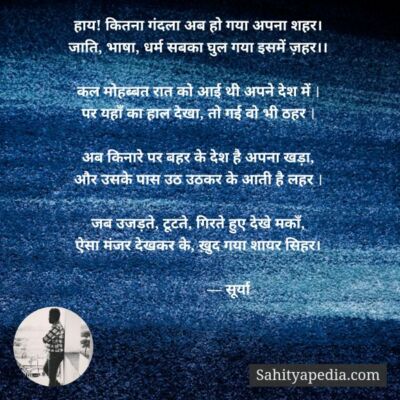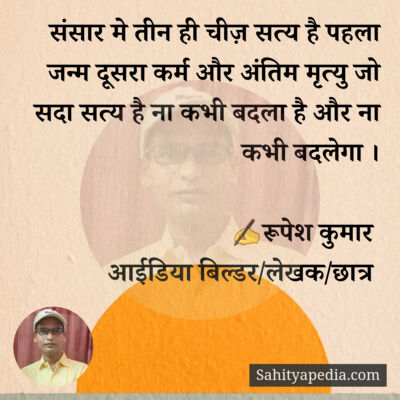Physical and Financial Slavery in the Modern Democratic and Capitalistic World

In the 21st century, democracy is considered the ideal political system, yet it often serves as a mask for deeper systemic inequalities. In developing countries, the democratic framework often coexists with physical and financial slavery, trapping millions in cycles of poverty, exploitation, and economic dependence. Meanwhile, in developed capitalist nations, pseudo-democracy—where corporate interests and financial elites control governance—creates a different form of financial servitude. These dynamics have far-reaching consequences for global stability, economic disparities, and social justice.
Physical Slavery in Developing Democracies
Despite democratic institutions, many developing nations continue to grapple with modern-day slavery, including bonded labor, human trafficking, and exploitative working conditions. Several factors contribute to this:
Forced Labor and Human Trafficking :
Weak governance, corruption, and economic hardship allow illegal labor markets to flourish. Millions are forced into labor in industries such as mining, textiles, and agriculture, particularly in South Asia, Africa, and Latin America.
Caste and Class-Based Exploitation:
Many societies still operate within rigid hierarchical structures, where marginalized communities are pushed into menial labor without hope of upward mobility.
Migration and Exploitation:
Economic migrants from developing countries often fall prey to exploitative labor conditions in foreign nations, where they work in hazardous environments with little legal protection.
While these countries have democratic institutions, the persistence of such exploitative systems reflects the failure of governance and policy-making to protect vulnerable populations.
Financial Slavery in Developing Countries
Even in developing democracies, financial institutions, international debt structures, and capitalist market forces often enslave nations and individuals economically:
Debt-Trapped Nations:
Developing countries rely heavily on loans from the IMF, World Bank, and private financial institutions, which impose stringent conditions that often lead to economic crises. Structural adjustment programs have led to privatization, austerity measures, and unemployment.
Microfinance and Loan Sharks:
The rise of microfinance was initially seen as a way to empower the poor, but it has also created cycles of debt, especially among rural populations. Loan sharks and informal credit systems further exploit the vulnerable.
Corporate Exploitation:
Global corporations extract resources and labor at low costs while repatriating profits, leaving local economies weak. The influence of multinational corporations in policymaking undermines genuine democratic governance.
Thus, despite political freedom, financial dependence keeps individuals and nations in servitude, limiting true autonomy.
Pseudo-Democracy and Financial Slavery in Developed Capitalist Countries
While developed nations claim to uphold democracy, corporate oligarchies and financial institutions often dictate policies, resulting in a pseudo-democratic setup. Key aspects include:
Corporate Influence on Governance: In countries like the United States, lobbying and corporate funding dominate politics. Policy decisions often favor wealthy elites rather than the general public.
Mass Surveillance and Social Control:
Governments, in collaboration with big tech companies, use surveillance, media manipulation, and censorship to control public perception and dissent.
Consumer Debt and Economic Dependence:
In the capitalist West, financial slavery manifests through student loans, credit card debt, and housing mortgages. The working class remains bound to endless cycles of repayment, reducing social mobility.
Despite the illusion of choice and freedom, financial dependency and corporate dominance limit the true democratic agency of the people.
Global Impact of These Systems
The interplay between developing and developed nations within this exploitative framework has severe global consequences:
Widening Economic Disparities:
The rich-poor divide continues to widen, leading to instability, unrest, and migration crises.
Geopolitical Conflicts and Resource Wars:
Financially enslaved nations often serve as battlegrounds for economic and political dominance, leading to civil wars, military interventions, and neocolonial exploitation.
Climate and Environmental Destruction:
Exploitation-driven economic models prioritize profit over sustainability, resulting in climate change, deforestation, and environmental degradation, disproportionately affecting poorer nations.
While democracy is upheld as the ideal system, both developing and developed nations suffer from hidden forms of slavery—physical and financial. In the globalised economy, financial elites and corporations wield disproportionate power, undermining true democratic governance. Addressing these issues requires systemic reforms, financial sovereignty, and people-centric policies to break the chains of modern slavery and create a truly equitable global order.
























